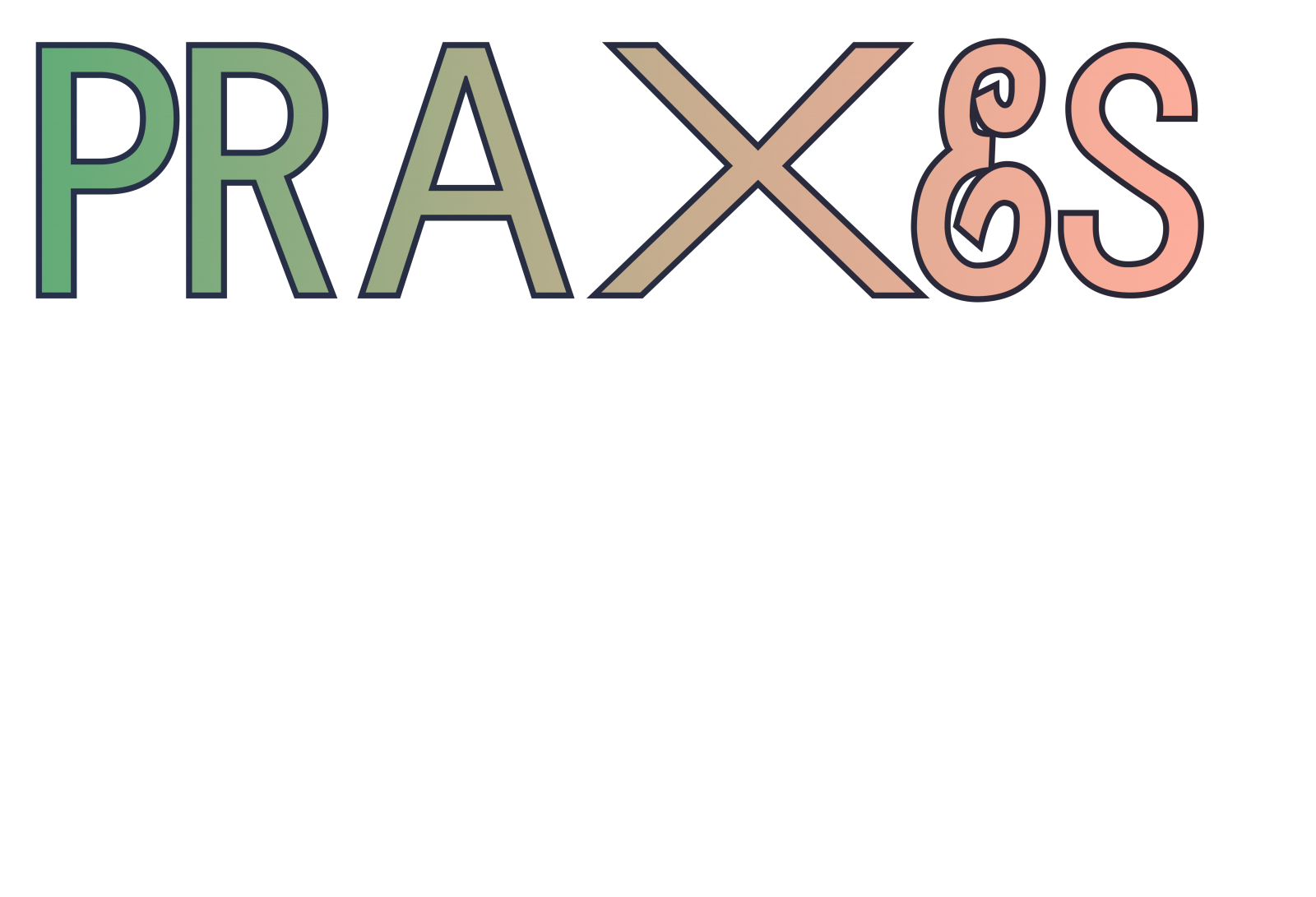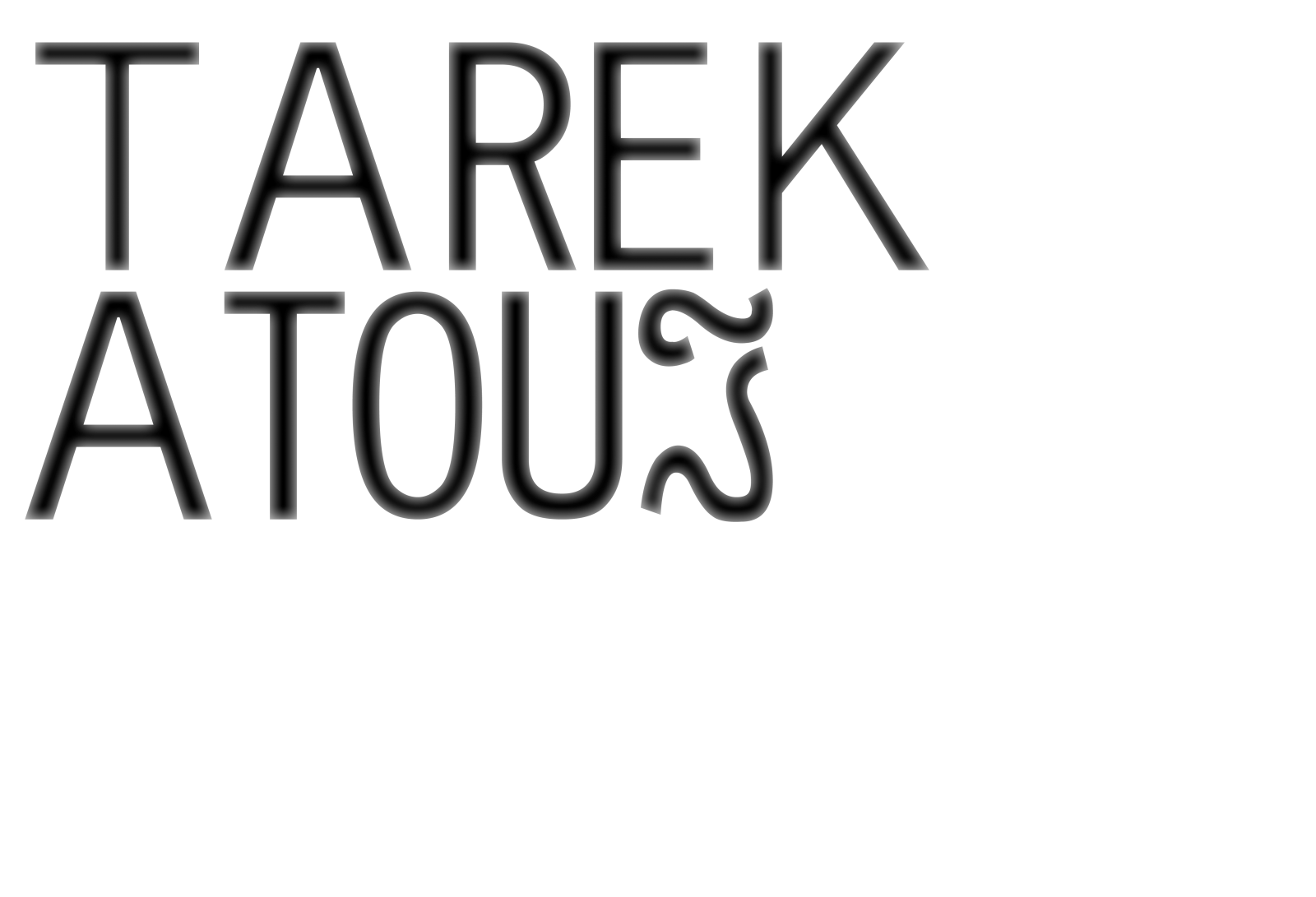Archives of Substance
BERGEN ASSEMBLY 2016
IRIT ROGOFF: ARCHIVES OF SUBSTANCE
ANECDOTED ARCHIVES
VALI MAHLOUJI: RETRACING A UTOPIAN STAGE/ FESTIVAL OF ARTS, SHIRAZ – PERSEPOLIS
MIKE BERLIN: ARCHIVES OF THE PARTISAN COFFEE HOUSE
Installations
2.9 – 1.10.2016
Hagerupsgården
Opening hours: (Tue-Sun) 11AM–5PM
In Archives of Substance, Irit Rogoff – in collaboration with the curator and writer Vali Mahlouji and historian Mike Berlin, among others – assembles archives that make concrete some moments which do not have a clear history, a stable form or a clear identity. Normally we work backwards from institutions and events to the archives that flesh out their histories and enumerate their sources and presences. These assembled archives operate differently: they highlight a set of unique moments that can never be quite tangible and yet their impact is always with us, affecting how we think and how we dream. They turn atmospheres into political histories and they indicate that sometimes small-scale activities that seem quite peripheral – having a coffee, looking at an exhibition, taking part in a festival, engaging in an intellectual discussion, deciding to work together on something for no good reason – actually capture the political moment so much more than bombastic statements.
These archives help us grasp how content, desire, aspiration and shared hopes can become a form of ‘substance infrastructure’. When a group of people share trajectories within particular historical moments, they may not build lasting structures but their joint hopes and beliefs do come together in dense atmospheres that are elusive but charged. The archives assembled here are testimony to such charged atmospheres, when aspirations predate any formalised organisation and result in mythic forms: a moment of political vision and solidarity at the Partisan Coffee House in London; a set of cultural imaginaries in Tehran at the Festival of Arts Shiraz-Persepolis; the reactions of viewers around the world to exhibitions they have seen and that have affected them; the efforts by a group of friends and colleagues in Europe to collectively establish a way of researching and thinking in public.
Each of these archives has unearthed a potential rather than documented a moment. These are our archives. They indicate moments before we came along and they shine a light forwards, to what may be.
The Anecdoted Archive of Exhibition Lives brings together accounts by many different viewers of what an exhibition meant to them, and how they were affected by it. Exhibitions are often the site of multiple imaginaries; what we see in an exhibition is the trigger for so many other associations and links. But the actual experience is often silent and privatised; the more distinguished and famous the venue of the exhibition, the more inhibited the response.
Going beyond the cannon of ‘great’ exhibitions in the western history, the The Anecdoted Archive of Exhibition Lives assembles voices from many countries and many situations that highlight how seeing an exhibition can be vitally important and transformative.


